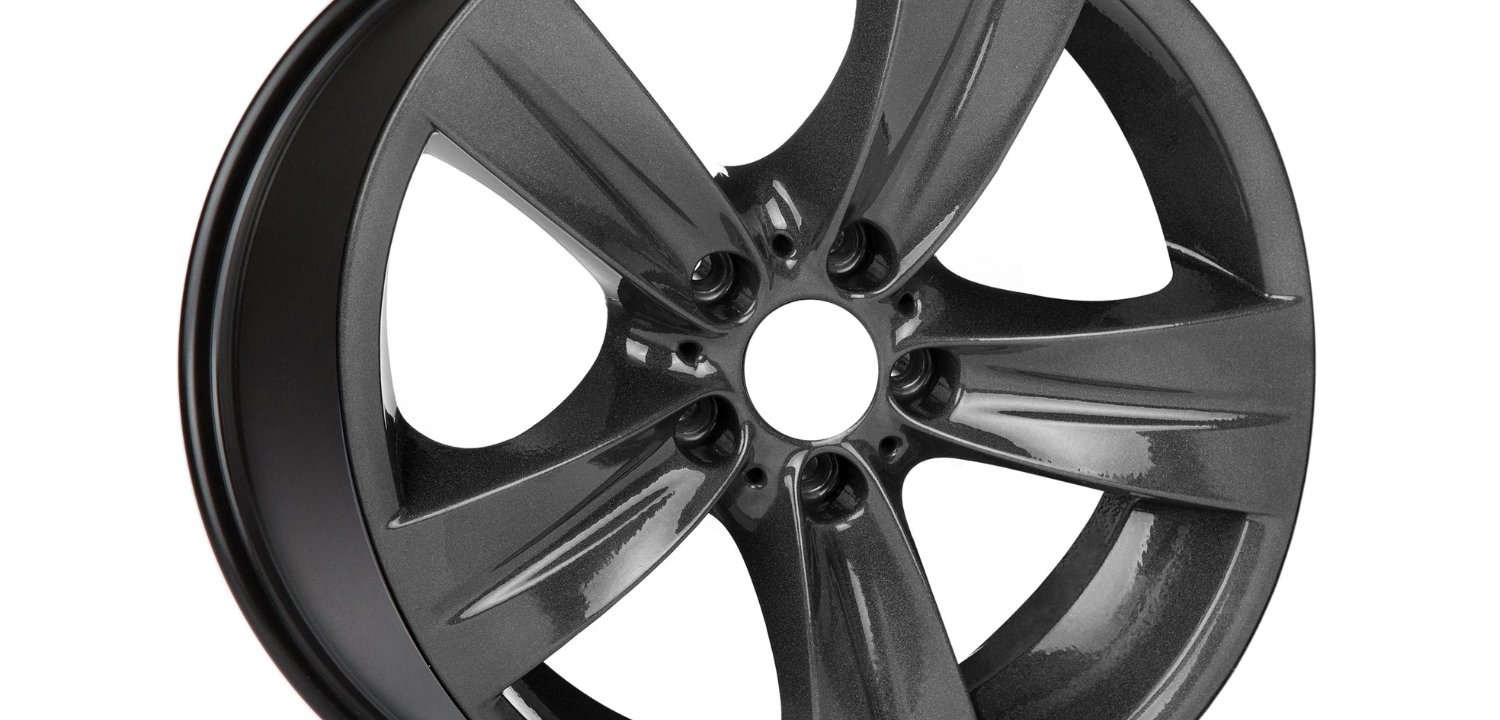Winter Rims at Trail Tire
February 15, 2023

With a huge selection of winter rims available for purchase, trailtire.com meets safe transportation requirements. These rims were carefully created and put through rigorous testing in harsh environments. Additionally, the unique rims include stylish accents and intricate craftsmanship.
Features of winter rims
Some notable characteristics of the Winter Rims include:
- Strong and durable designs
- Improved traction control
- Tailored to fit different wheel types
- Undergone extensive testing
- Custom-designed to withstand unplowed snow and slush
What are winter-friendly rims?
Steel rims are frequently advised when using winter tires over aluminum ones, which are available for practically any vehicle from an OEM or aftermarket. This results from the metal expanding and contracting due to temperature variations over the winter.
In colder climates, aluminum rims contract more, which may result in irregular tire inflation over time. Steel rims are less likely to contract in colder weather, maintaining the manufacturer-recommended tire pressure and improving the vehicle’s performance, fuel efficiency, and tire wear longevity.
At Trail Tire, we are proud to offer wheel and tire packages to make purchasing the right set a little bit easier.
Which type of wheel rims—aluminum or steel—should you use with winter tires?
Whether to utilize steel or aluminum wheel rims is a matter of personal preference. While steel rims are more durable and less costly, alloy wheels are more aesthetically pleasing. But how are the changes apparent in the winter? Which rims are best for usage throughout the winter?
The stability of the tires depends on the wheel rims. Personal preferences, including cost, quality, and design, ultimately determine whether someone chooses aluminum over the better steel alternative. There is no doubt that steel rims are more common because they are less expensive. However, their stylish design makes alloy wheels popular among car drivers. But are there any changes in performance, especially in the winter?
Anyone utilizing brand-new winter tires has a choice of steel or alloy rims. Many motorists like alloy wheels because of their stylish look and a wide variety of unique patterns; as a result, they also wish to flaunt them during the winter. But there’s a chance they could be dangerous. Of course, a car’s tires will determine how safe it is to drive in the winter. But having the appropriate wheel rims for winter tires also improves safety. Sadly, not all alloy wheels are appropriate for winter driving.
Steel rims provide added security.
Winter tires mounted on steel rims pose no danger to users’ safety, even without further care. On the other hand, the substance is noticeably more stable and less susceptible to icing agents like grit. Steel rims can occasionally rust, although this affects the surface and has no impact on their stabilizing abilities. Therefore, switching the rims and tires is a logical compromise. The ideal option is to swap from your alloy rims to their steel counterparts in October when it’s time to change to winter tires.
How to choose the best tires and rims for your car’s winter driving?
You’ve probably already decided to get winter rims and tires, or you’re at least seriously contemplating it. When looking for winter tires, keep the following things in mind.
When you glance at a tire, you’ll notice that it is made up of two main components:
- Tire: the rubber doughnut in black
- Wheel or rim: the elongated metal tube around which the tire is mounted
You have two choices when purchasing winter tires: purchase only the rubber and have them mounted on the rims already on your car, or get winter tires with a set of rims.
You can save money by buying just the rubber tires, but you’ll have to spend a little more money and time installing the rubber on your rims.
The winter tires will be more convenient and quicker to change (you might even be able to do it yourself) if you purchase them with their rims, but they will cost more. Additionally, TPMSs, which use sensors in the wheels, are a feature of many more recent vehicles. Winter tires with TPMS sensors must be purchased separately if you own one of these vehicles and wish to employ this feature.
Proper installation of winter tires on steel or alloy rims
Choosing the right tires for the rims ultimately determines whether they are sporty aluminum or durable steel rims. Likely, a tire that is too big or tiny won’t fit on the appropriate wheel rim. An unstable arrangement like this can result in hazardous vehicle operating conditions. You should take notice of this and only select tires that fit the size of your wheel rims if, for instance, you have wheel rims and only require winter tires. Additionally, only snow tires and rims with particular coatings can be used in snow and muddy conditions.
Conclusion
At Trail Tire, we advise choosing the best-fitting rims for your vehicle’s wheels. A poorly fitted wheel can cause traction and grip loss and causes more harm than benefit. Before choosing the ideal pair of rims for their car wheels. The size of the tire and the car’s ground clearance are two factors considered when choosing the rims. Book an appointment or speak with a professional at your local Trail Tire Auto Center today.
Back

